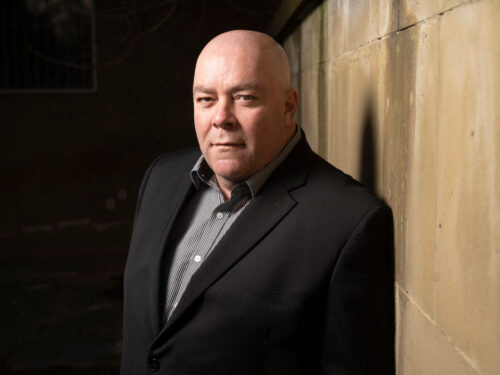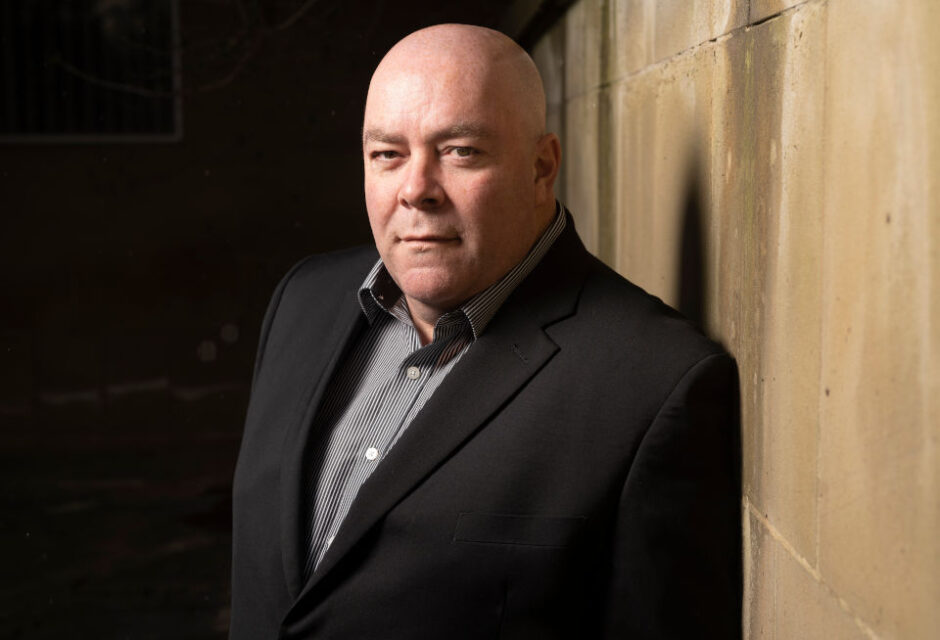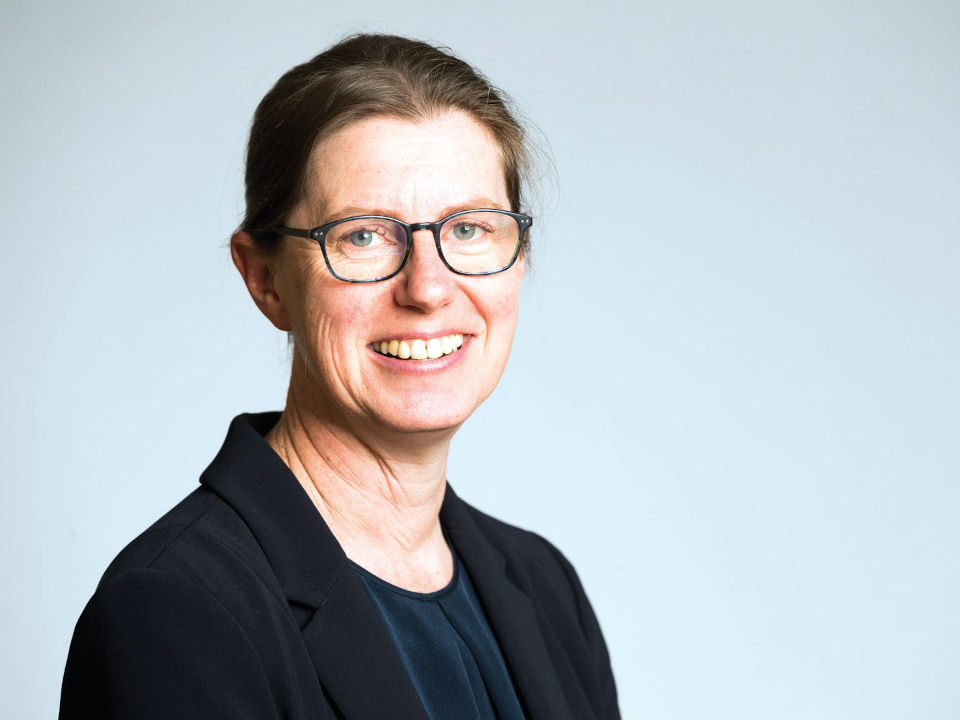
Workforce sufficiency was cited as one of the biggest challenges facing councils in a recent survey by the County Councils Network (CCN). It was clear from the CCN research that more work is needed to make a career in local government an attractive choice, particularly to younger adults who make up a smaller proportion of the local government workforce, as the research notes. Similarly, there is more to do in terms of increasing equality, diversity, inclusion and equity in children’s services, this continues to be an unwavering focus for every director of children’s services. However, this lack of representation at a senior level goes beyond children’s services, the whole public sector has a lot to do.
As employers, councils are working hard to recruit a workforce that reflects the communities we serve from frontline work with children and families through to senior leadership positions. Our frontline workforces in most councils better represent the communities they serve, yet there are not enough people from global majority backgrounds in senior leadership positions.
Workers from underrepresented groups can face systemic barriers on their journey to leadership, we need to better understand the reasons for this and, crucially, make the change required to ensure that all staff regardless of their age, gender, ethnicity, sexuality or any disability, can progress to senior leadership roles in children’s services if they wish to. This will require us to have difficult conversations and confront uncomfortable truths about how our staff feel and their experiences of the workplace. There is rightfully a growing focus on antiracist practice in organisations across the country, but we need to think about inclusion in its widest sense.
There is a lot of good work taking place in councils locally and regionally to support greater diversity and inclusion in our workforces. Where local authorities or regions are doing good work, we must share learning because this is something we will all benefit from. For example, the London Innovation and Improvement Alliance (LIIA) recently held its Leadership in Colour Summit to discuss and tackle issues of racism and disproportionality across the children’s workforce, with a deep dive into themes of workforce, early years and youth justice.
I have not personally experienced the barriers many friends and colleagues have, and still do, but I have been determined to use my Presidential year to be an accomplice for positive change. We will all benefit from achieving a more equal, diverse, inclusive, and equitable workplaces, most of all children.
Stable Homes Built on Love touched on racism, discrimination, and disproportionality in the children’s social care system, but there needs to be more national urgency and boldness around tackling these issues. As a fellow DCS colleague recently said to me: “if we don’t get this right in our workplaces, how can we begin to make a difference for children”.
John Pearce ADCS President 2023/24
This column first appeared on the LGC website in March 2024.



